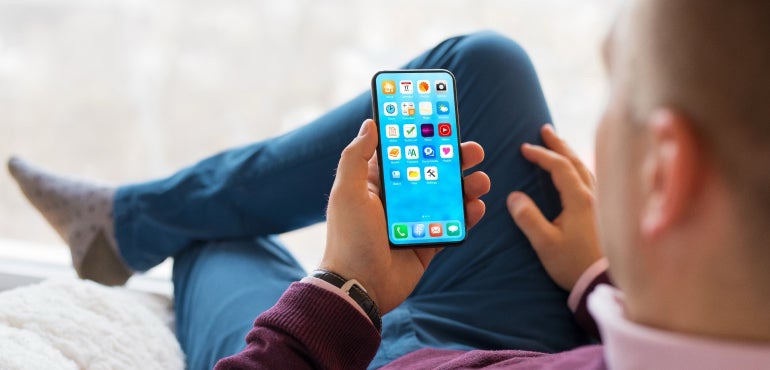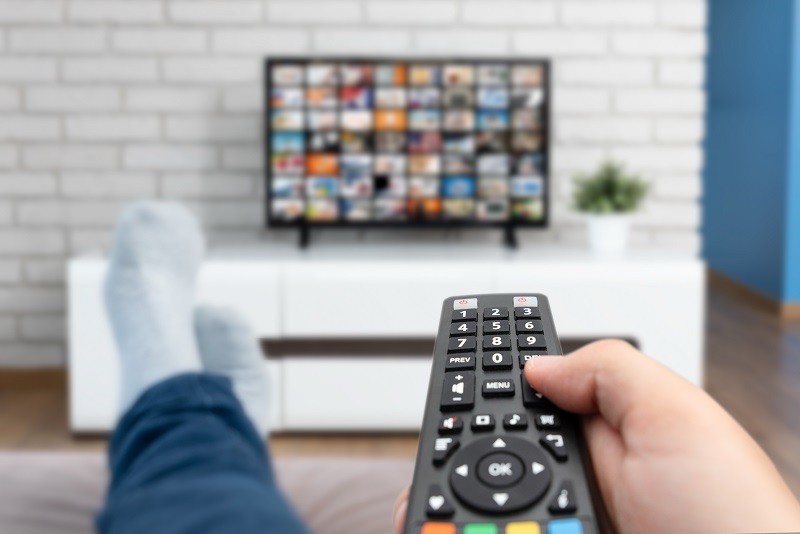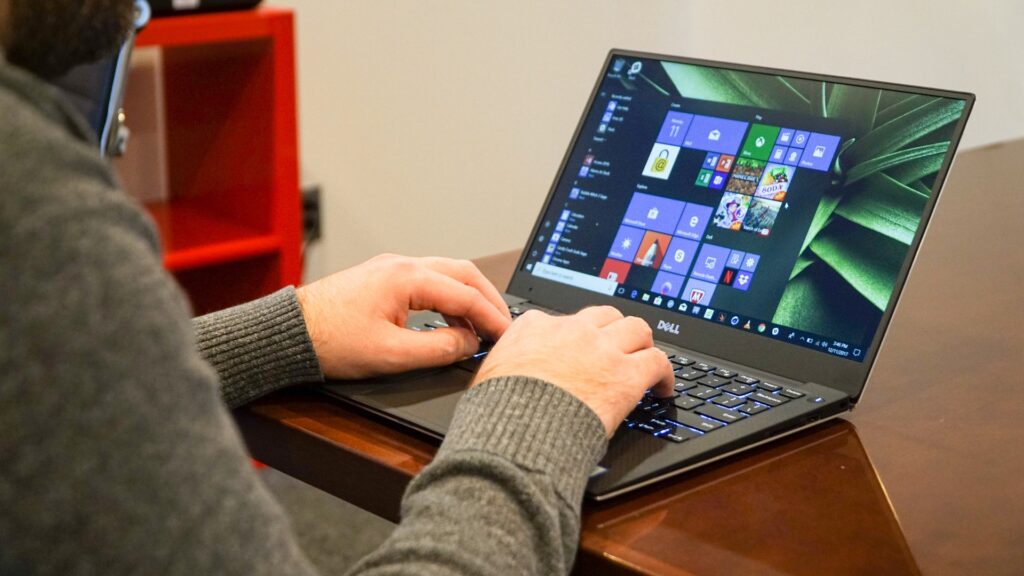An eye specialist has warned about the dangers of ‘excessive’ screen time, noting that the threshold for ‘too much’ might be lower than you think. Many people’s days begin with checking their phones, involve working on laptops, and end with watching TV while still using their phones. While excessive TV watching won’t make your eyes square, as old myths suggest, it can have other negative effects.
What are the consequences of excessive screen time?
Tina Patel, an optometrist at Feel Good Contacts, warns that our blink rate decreases significantly when we focus on screens, such as smartphones, computers, or televisions. This reduced blinking can lead to dryness and potentially harm our eye health.
Patel explains, “Blinking may seem insignificant, but it’s essential for eye health because it spreads nourishing tears over the eyes. Therefore, infrequent blinking can result in dry and uncomfortable eyes.” Extended screen time can also cause eye fatigue, blurry vision, and negatively affect our mental health.

What are the signs of excessive screen time?
While we know that spending a whole day binge-watching TV isn’t ideal for our health, sometimes a show is too engaging to turn off. To assess if your screen time is becoming harmful, Patel recommends watching for these signs:
- Dry or watery eyes
- Headaches
- Neck and shoulder pain
- Difficulty sleeping

How much screen time is excessive?
If you ask older generations, they might say an hour of screen time is sufficient, while teenagers might advocate for a whole day’s worth. Surprisingly, the older generation’s estimate is closer to the recommended amount. Patel suggests limiting screen time at home to just two hours. This means only two hours for either watching your favorite shows or browsing social media, which many might find challenging to balance.
Patel explains, “Considering that many jobs require extensive use of digital devices, people might spend around eight hours a day on screens at work. For leisure, adults should ideally restrict screen time to a maximum of two hours daily. Similarly, children’s screen time should be limited to two hours, with some days completely free of screens encouraged.”

How can I break the cycle?
Our phones have become essential for waking up, scheduling, socializing, navigating, taking photos, and even making payments. Because of their versatility, reducing screen time can seem challenging, but Patel suggests some strategies.
She recommends setting ‘screen-free intervals’ for times when your phone isn’t necessary and replacing TV or TikTok scrolling with activities like walking or reading. Patel also advises avoiding screens before bedtime and planning your days to minimize screen temptations.
She notes, “Most smartphones now have a feature to limit app usage. Alternatively, you can manually track your screen time.” Since you’ve already spent a few minutes on this article, it’s wise to consider how to use the remainder of your two-hour screen allowance effectively.